Shipping Furniture from Wuxi to Kyoto, Japan
Service route: Wuxi to Kyoto;
Service mode: Door-to-door moving one-stop service;
Case Overview: Mr Li entrusted Neptune Movers to transport his furniture items from his home in Wuxi to Kyoto, Japan by sea.
Kyoto, an inland city in the west of Japan, belongs to one of the three major metropolitan areas of Japan, Osaka metropolitan area, an important city, this beautiful city was once the capital of Japan, and remains one of the most fascinating cities in Japan even today.
The ancient and charming city of Kyoto hides many fascinating historical streets. The charm of Kyoto is not only reflected in its historical relics and traditional crafts, but also in its ancient streets and buildings. Strolling through the streets of Kyoto, every corner exudes a unique flavour, and you can feel the ancient buildings on both sides of the street, bringing a strong historical atmosphere, which allows you to immerse yourself in the ancient Kyoto without even realising it.
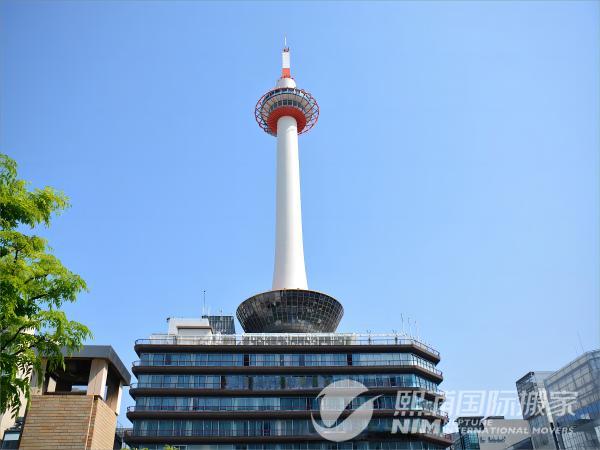
Mr Li applied for a Japanese public study programme with his classmates a few years ago and stayed in Japan to work straight after graduation. However, his parents are getting older and have been urging him recently to return to his home country to develop his career and be by their side. For this reason, Mr Li was torn between wanting to develop his career in Japan and not feeling at ease with his parents at home, and after a lot of struggle in his mind, he decided to take his parents to Japan to live together. In order to make his parents feel at home in Japan, Mr Li planned to ship the furniture they used in Wuxi to Japan.
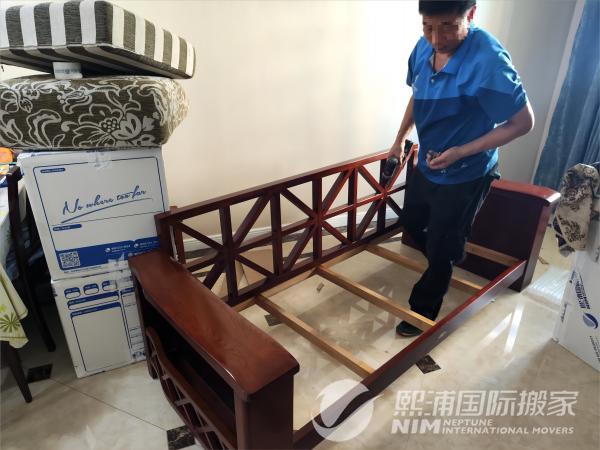
A very close classmate recommended Hippo International Moving, so Mr Li was very relieved to sign a moving contract directly with Hippo. In order to accurately assess the volume of items in Mr Lee's parents' home, Hippo arranged a free home measurement service.
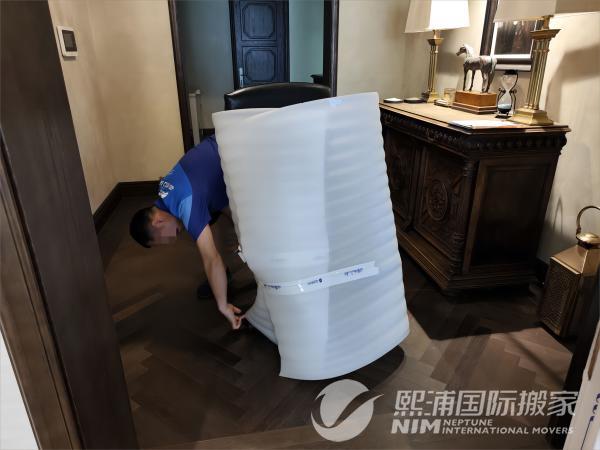
On the day of packing, Hippo's staff came to Mr Li's parents' home with packing materials to finely pack the furniture to be transported. Large pieces of furniture are disassembled before packing, multi-layer packaging materials to protect, the first layer: pearl cotton bottoming package anti-scratch, shock-absorbing; the second layer: around the corners of the hard corner protector to strengthen, to prevent collision; the third layer: five layers of thickened cardboard to make the transport packaging; comprehensive protection. After the packing is completed, the furniture will be transported to the warehouse first to make fumigation-free wooden boxes and pallets and other operations to ensure that the furniture can be safely transported to Japan. The following is the scene of picking up and packing on the same day:
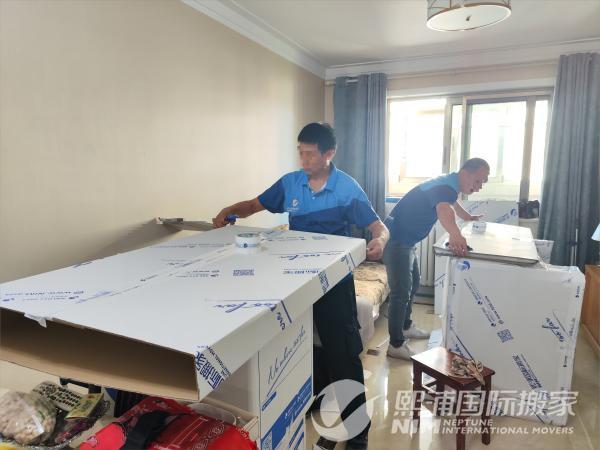
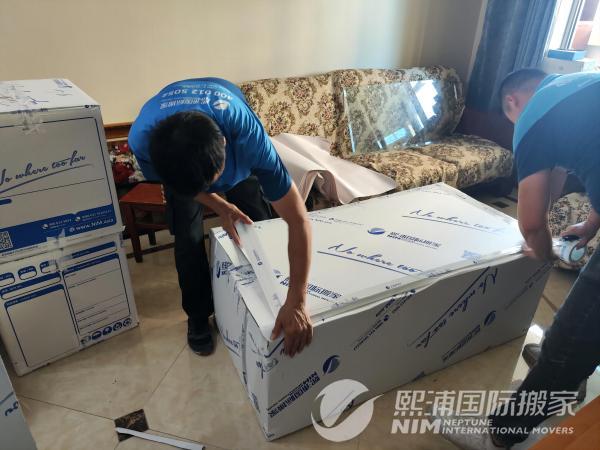
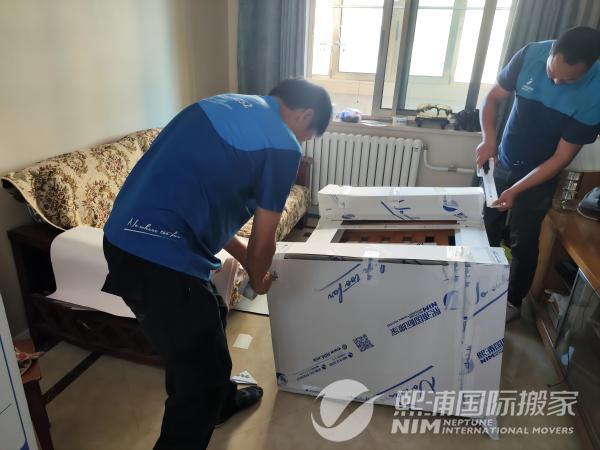
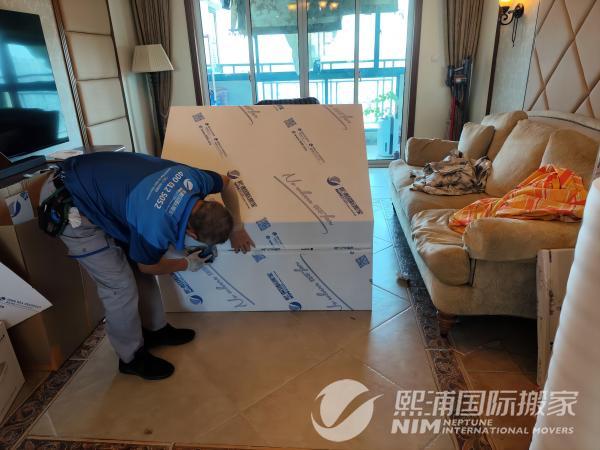
Major types of Japanese visas
(1) Student Visa
A student visa, also known as a student visa, is used for foreign students studying in Japan. Students with a student visa can legally study in Japan and work part-time during their studies. International students who hold a diploma from a Japanese university can apply to work in Japan after graduation and obtain the right of abode. Students can apply for Japanese citizenship if they have lived in Japan for at least five years since the start of their studies and have a working visa valid for three years. After ten years or more, you can apply for permanent residence (green card).
(2) Working Visa
A working visa in Japan is generally referred to as a ‘technical, humanities, and international business’ visa. The validity of a work visa varies depending on the individual and the type of visa. This visa allows you to bring your family to live in Japan, and you can apply for naturalisation and permanent residence under certain conditions.
(3) Investment Management Visa
The Management Visa is a visa provided by the Japanese government to attract foreigners to set up a company in Japan and manage it in real life. You can bring your family members to live in Japan and can apply for naturalisation and permanent residence if you meet certain conditions.
(4) Highly Talented Person Visa
The Highly Talented Person Visa is available to outstanding foreigners who have passed Japan's ‘Highly Talented Person Scoring System.’ The Highly Talented Person Visa offers greater benefits than the Work Visa, such as faster access to permanent residence and the ability to bring parents to live in Japan.
(5) Family Visa
The Family Visa is intended for the spouse and minor children of a foreigner (non-Japanese or permanent resident) working in Japan who is subject to restrictions on activities and work. Family Visa holders are entitled to all social benefits (medical care, childcare, education, etc.) in Japan.
(6) Marriage Visa
A marriage visa is also called a spouse visa. Holders of a spouse visa for more than five years and a spouse visa valid for three years can apply for Japanese citizenship, and holders of a spouse visa for more than three years and a spouse visa valid for three years can apply for permanent residence. There are no restrictions on activities in Japan with a Spouse Visa and you are entitled to all social benefits (medical care, childcare, education, etc.) in Japan.
The main difference between the Spouse Visa and the Family Visa is that the Spouse Visa applies to the spouse of a Japanese national or permanent resident.
 Chinese
Chinese
 USA
USA Cananda
Cananda Australia
Australia Japan
Japan Singapore
Singapore Germany
Germany France
France More
More